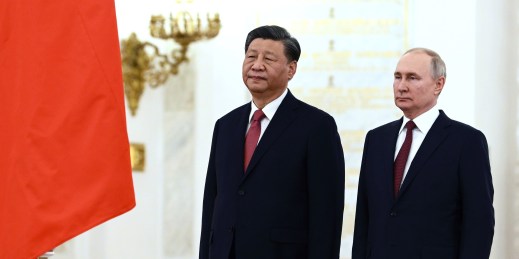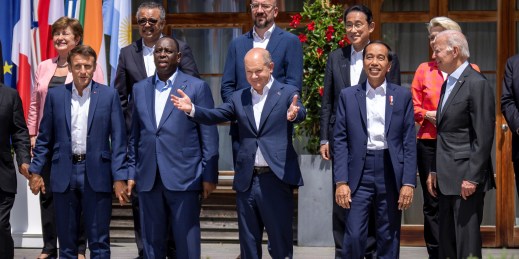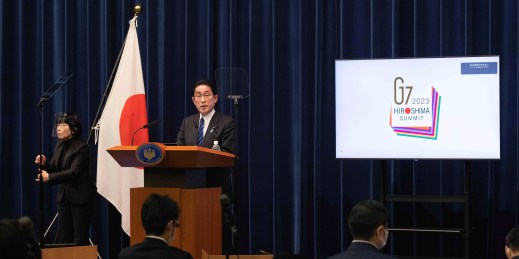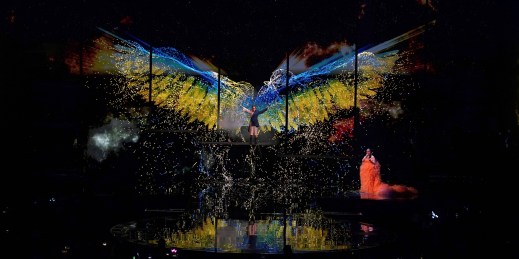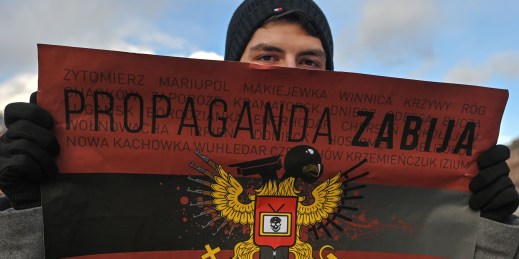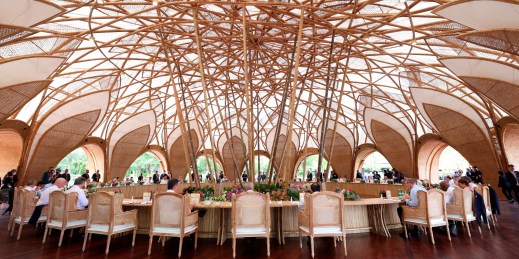
Is Washington’s post-Cold War “unipolar moment” over? Some claim that multipolarity has been with us for some time. Others are not so sure, pointing to the United States’ continued economic and military dominance. But even if the U.S. remains the world’s predominant power, it may still well exist in a multipolar world.

